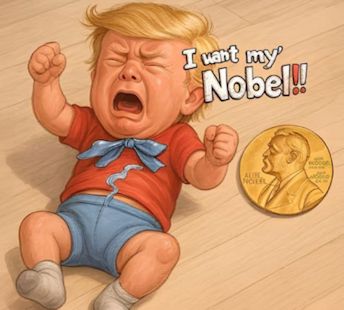 Secretary of State Marco Rubio told European allies that President Donald Trump will negotiate long-term assurances for Ukraine’s safety later.
Secretary of State Marco Rubio told European allies that President Donald Trump will negotiate long-term assurances for Ukraine’s safety later.
By Paul McLeary and Jack Detsch
Secretary of State Marco Rubio has told European allies that the U.S. wants a peace deal before it agrees to any security guarantees for Ukraine, according to a European diplomat and a person with knowledge of the conversations.
That condition has underscored American proposals to Kyiv over the past week, the people said. Rubio, on a Tuesday call with European officials, argued President Donald Trump will negotiate long-term guarantees for Ukraine’s safety, they said, that would ensure Kyiv feels secure.
Ukraine’s leaders have held Western security guarantees as a cornerstone for any feasible deal with Russia, although NATO members have struggled to figure out how to support the war-scarred country either militarily or with intelligence support. Trump has said he won’t invite Ukraine’s leader to the White House until a deal is signed.
The situation is changing rapidly and European allies are scrambling to understand the multiple messages from the administration. Rubio also told European allies that security guarantees for Ukraine are a priority for the administration, and an issue separate from other points of discussion that have already been agreed on, according to a second European diplomat, and the U.S. wants an entire package done quickly.
Rubio also mentioned security assurances to Ukraine during negotiations last weekend in Geneva, but did not offer detail or reiterate the offer during a call with the British and French, according to a third European diplomat, who like others interviewed, was granted anonymity to discuss sensitive deliberations.
The secretary also broadly mentioned several other issues to address after a deal, which the Europeans took to mean Ukrainian territorial integrity and frozen Russian assets, according to the diplomat.
The State Department refuted the portrayal of Rubio’s comments.
“Secretary Rubio, along with the entire Trump administration, has clearly underscored that security guarantees would need to be part of any peace deal, as he has consistently outlined in both public and private,” said State Department spokesperson Tommy Pigott.
The White House also insisted any final peace plan will have security guarantees. “The Trump administration has repeatedly affirmed, publicly and privately, that any deal must provide full security guarantees and deterrence for Ukraine,” said spokesperson Anna Kelly.
Initial U.S. peace proposals for the conflict circulating last week called for Ukraine to limit its military to 600,000 troops, while putting no restrictions on the size of Russian forces. Rubio and other U.S. officials have subsequently defended the 28-point plan as a starting point, instead of a solidified proposal.
But the Trump administration has increasingly tilted away from full-fledged support of Ukraine to a more neutral posture in the talks. Rubio told his European counterparts on Thursday that the U.S. was not seen as a fair mediator in the talks because it supplies both U.S. military aid to Ukraine and institutes sanctions against Russia, according to two of the European diplomats.
But the Trump administration faces some pressure — even from Republicans in Congress — to provide strong guarantees to Ukraine so it can prevent another Russian invasion.
“If Ukraine has to give up any land, it has to come with, like Article Five security agreements with NATO and the United States, because that is the only way to stop Russia from doing this again,” said Rep. Don Bacon (R-Neb.), referring to a provision that requires NATO countries to defend each other if attacked. “That’s the end state of any kind of agreement.”
The U.S. has provided nearly $67 billion in military aid to Ukraine since Russia’s full-scale invasion of the country in February 2022, although much of that funding came during the Biden administration. Since then, the U.S. has put together a NATO plan where individual European nations can buy American weapons for Ukraine.
The European Union is also trying to use frozen Russian assets to provide further assistance. One Ukrainian official said that they had seen no indications that the Trump administration was willing to increase aid. France and Britain have largely taken the lead in the 33-nation “coalition of the willing” that is weighing putting European troops in Ukraine.
But some European countries worry that the Trump administration will tip the scales toward Russia.
“Nothing about human rights, humanitarian law, international law nor principles,” said a four European diplomat in reference to the peace plans. “This is creating a new European ‘security architecture’ full of holes.”





























